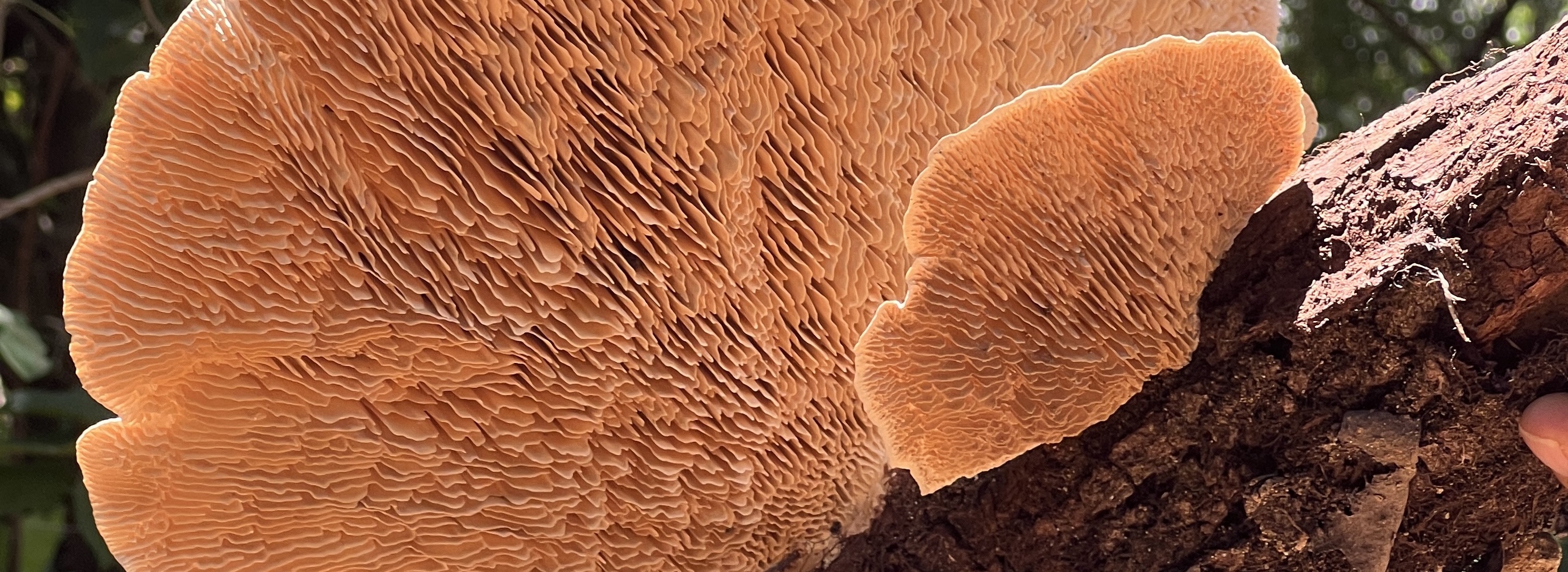
Monteverde Institute: Tropical Ecology and Conservation
Alternative Title
Influencia de codigestión y la cantidad de agua en la producción de gas en un biodigestor
Files
Download Full Text (760 KB)
Publication Date
June 2019
Abstract
Excess livestock waste can pollute water sources. Limited access to clean energy leads to burning of fossil fuels such as propane. Biodigesters treat animal manure, converting it into a nutrient-rich fertilizer and methane gas for fuel. I tested different substrate mixtures (including pig manure co-digested with goat manure, chicken manure, and whey) in a lab setting, measuring methanogenic potential of each treatment in order to test one in the biodigester. I also tested the effect of water-towaste ratio on gas production. Treatments containing pig manure, either alone or codigested with other manure types, produced the most gas. Mixtures containing whey produced the least gas. In the field, I tested a mixture of pig and goat manure against the control conditions of 6:1 water-to-pig manure ratio. The experimental treatment significantly increased flame height but did not significantly increase the total burn time.
Resumen
Demasiada boñiga de animales puede contaminar fuentes de agua. Sin energía limpia, las personas usarán combustibles fósiles. En los biodigestores se utiliza boñiga de animales para obtener gas metano y fertilizantes. En mi experimento, dispuse tratamientos en botellas en las que mezclé diferentes proporciones de boñiga y agua (boñiga de cerdo con boñiga de cabra, cuita de gallina, o suero). Los globos que coloqué sobre las botellas se fueron llenando con gas metano, y medí cuánto se inflaron cada día. Los tratamientos con boñiga de cerdo solo, o con otras boñigas, produjeron la mayor cantidad de gas. Los tratamientos con boñiga y suero produjeron menos gas. Después del experimento en el laboratorio, yo puse boñiga de cabra en el biodigestor con boñiga de cerdo. Este tratamiento tiene una menor proporción entre agua y boñiga, y también una mezcla de boñiga diferente del control. En el tratamiento experimental, el gas producido aumentó la altura de la llama en una cocina, y éste se quemó durante más tiempo. Sin embargo, ese tiempo de quemarse no fue significativamente mayor.
Extent
15 pages
Holding Location
Monteverde Institute
Language
English; Spanish
Media Type
Articles
Format
Digital Only
Identifier
M39-00786
Type
Book
Recommended Citation
Gregory, Madeleine, "Influence of co-digestion and water content on biodigester gas production, June 2019" (2019). Monteverde Institute: Tropical Ecology and Conservation. 455.
https://digitalcommons.usf.edu/tropical_ecology/455


